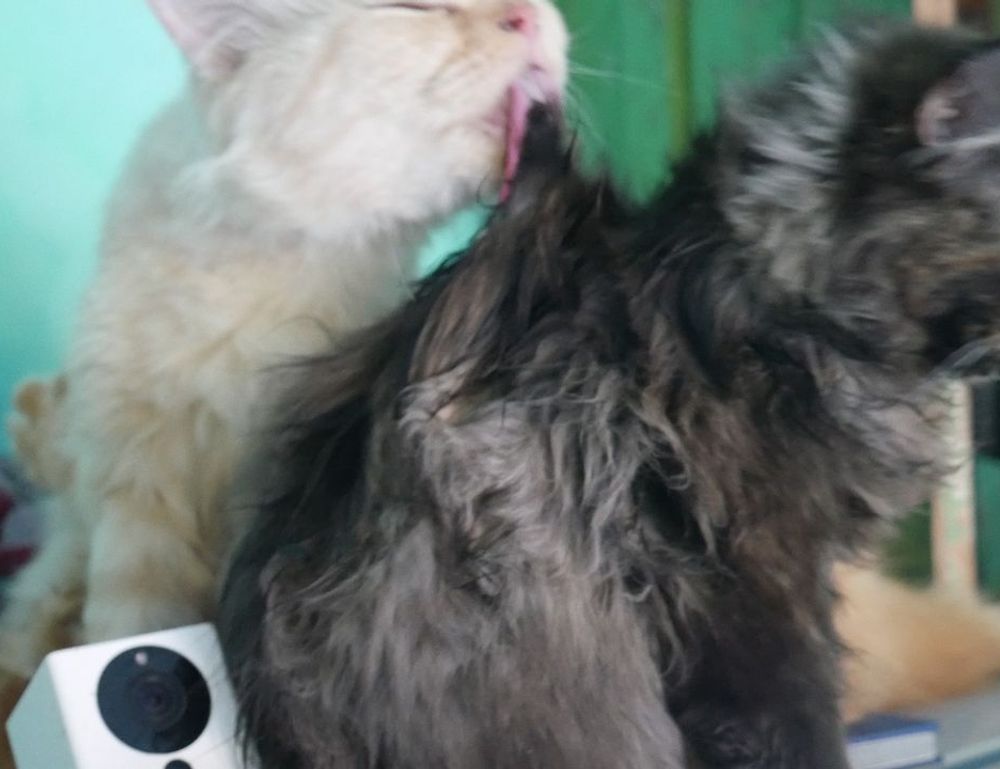What Is Honzava5?
First things first: what is this game? Honzava5 isn’t from a big studio or backed by bigbudget marketing—yet it’s picked up momentum through wordofmouth and niche online communities. The core of the game revolves around logic puzzles, pattern recognition, and cooperative decisionmaking. Players must collaborate to advance while solving layered challenges that need both speed and smarts.
There’s no heavy shooting, no resourcegrabbing fatigue. It’s more brain than brawn, and that’s exactly why some educators are intrigued.
Cognitive Gains Without the Lecture
What makes a game valuable for students? Engagement is step one. Honzava5 grabs attention fast. It demands players stay alert, notice patterns, and make smart decisions under pressure. That aligns with cognitive science—you practice what you use. So repeated play can potentially strengthen shortterm memory, focus, and problemsolving.
Research doesn’t mention this game specifically, but it aligns with studies on gamified learning. When students are immersed in challengebased environments, they tend to retain information better than in passive learning settings.
The Collaboration Factor
Honzava5 isn’t a solo pursuit. It’s cooperative, which means players have to talk, plan, and coordinate. That translates to improved communication skills over time. For students—especially those in middle and high school—this could reinforce the kind of group interactions they’ll need in both academic and reallife scenarios.
Some early adopters in classrooms have claimed the game encourages patience, delegation, and shared responsibilities. Those aren’t always easy lessons to teach from a textbook.
Distraction or Discipline?
Let’s not pretend every game will magically make students smarter. The obvious question pops up: is honzava5 game good for students if it pulls them away from core curriculum? Teachers have legitimate concerns. A poorly timed session or unrestricted access can just be an excuse to avoid homework.
But context matters. When used with intent—say, a Friday activity to reinforce logic skills or motivate reluctant learners in group tasks—it can be a bonus, not a burden. Like any tool, its value depends on how it’s used, not just what it is.
What Educators Are Saying
Feedback from pilot classrooms is interesting. Teachers noticed shy students participating more often when Honzava5 was in play. Others observed tighter collaboration and increased engagement even after the game ended.
Some even layered classroom assignments onto the game—asking students to document their strategies or reflect on what went wrong and how they’d adapt next time. This kind of metacognitive activity is exactly what helps transfer gaming gains into academic value.
Addressing Potential Downsides
No tool is perfect, and Honzava5 has a few gaps. For starters, it’s not universally accessible—it needs a decent device, and the interface isn’t fully optimized for younger players or students with certain disabilities.
Also, since it’s not designed specifically for education, teachers need to curate its use. There’s no builtin curriculum or alignment with classroom standards, so you’re stitching that in manually if it’s important in your structure.
And yes, the name’s strange—an issue when trying to get buyin from school administrators or district boards who look for polished, proven tools.
Easy Ways to Integrate It
If you’re an educator or parent curious about experimenting, start small:
Use it as a teambuilding activity during advisory periods. Pair it with logic or strategic planning units. Assign reflection prompts tied to gameplay processes (not just scores). Use short gameplay windows (15–20 minutes) to avoid overwhelming students.
Final Word
So, is honzava5 game good for students? The answer isn’t black and white, but when used with purpose, it looks promising. It’s engaging, promotes key cognitive and social skills, and offers something many classroom resources lack—fun.
The key isn’t just adding games into education. It’s choosing the right ones for the right reasons. Honzava5 may not be perfect, but it might just be one more valuable puzzle piece in the hands of a thoughtful educator.



